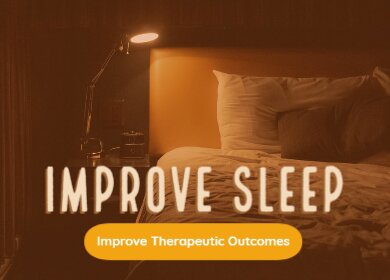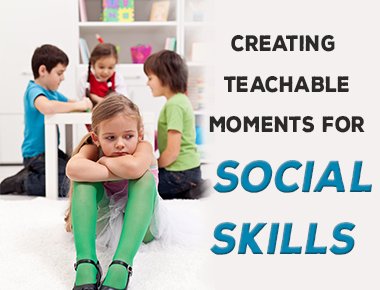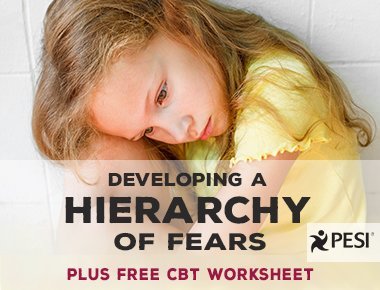Blogs and Free Resources

Slumber Smoothie Recipe
Get your therapeutic goals back on track with this FREE Recipe

The Silly Walk: A Mindfulness Practice for Youth and Teens
Use this exercise with your youth to help them regulate their silliness in a constructive and appropriate way.
Kids don't have an on/off switch... especially those with executive function difficulties, who struggle to regulate their attention, emotions and behaviors.
Watch Dr. Christopher Willard demonstrate a fun mindfulness practice that will help kids identify and activate their different zones of regulation.

Understanding and Integrating Ritual in your Practice
3 FREE Multicultural Worksheets
Leslie Korn βÄ™ Whether cultural rituals are therapeutic or harmful depends on the individual, the setting, and their purpose. ItβÄôs important to have a solid understanding of cultural rituals so we can effectively integrate their healing ability in our practices. And the best place to start is by considering our own relationship to rituals.
Download these 3 multicultural worksheets to take the first step toward multicultural awareness and competency in your practice.

Creating Teachable Moments to Teach Social Skills
The 6 stages of social play. Plus, 5 areas of social and emotional competence.

Straight Talk: Understanding Antidepressant Selection Medications for Depression
WhatβÄôs important when initiating antidepressant selection
By Joseph Wegmann βÄ™ΧΐWith medication management playing an increasingly pivotal role in the treatment of mental health disorders, the challenges faced by clinicians are increasing.
It's more critical than ever for mental health professionals to understand how to effectively collaborate with practioners prescribing medication. Here's what you need to know...

Look on the Bright Side
FREE Optimism Worksheet

Why Are Narcissists So Hard to Treat?
How and When to Push Back

Everyday Mindfulness
FREE Mindfulness Worksheet

Developing a Hierarchy of Fears With Your Client
A helpful way to prioritize what is impacting your client. Plus, a FREE CBT worksheet!


